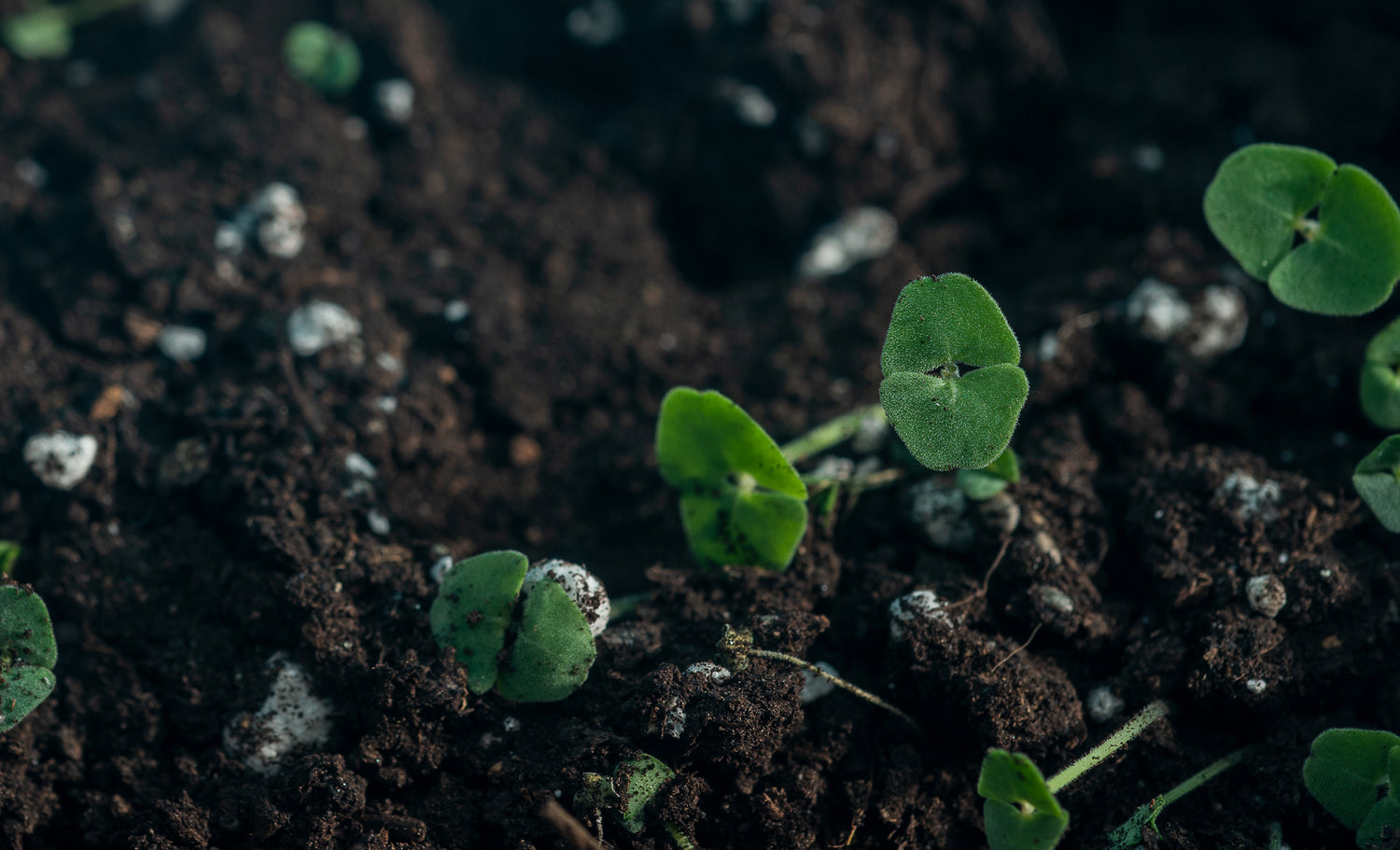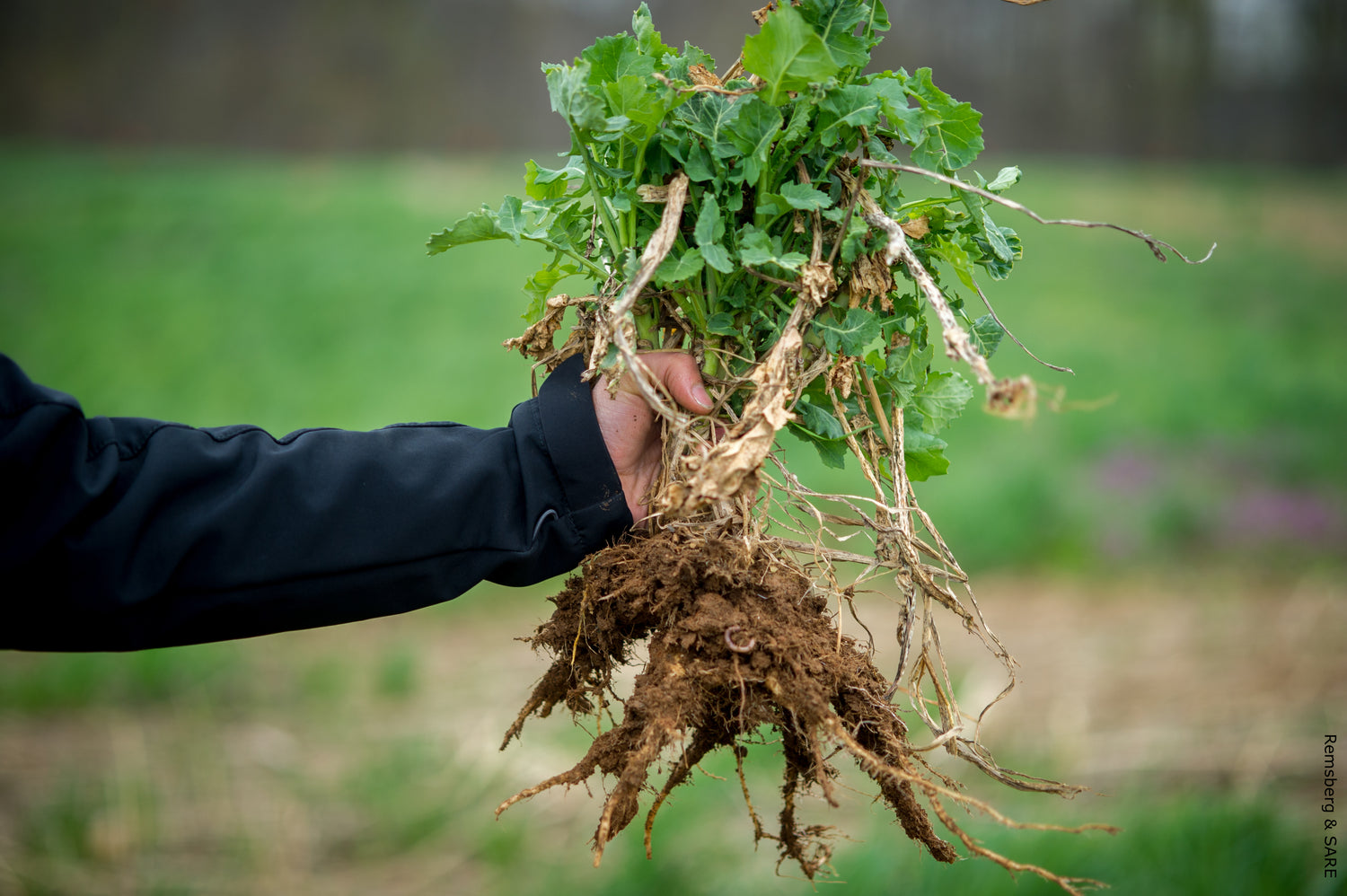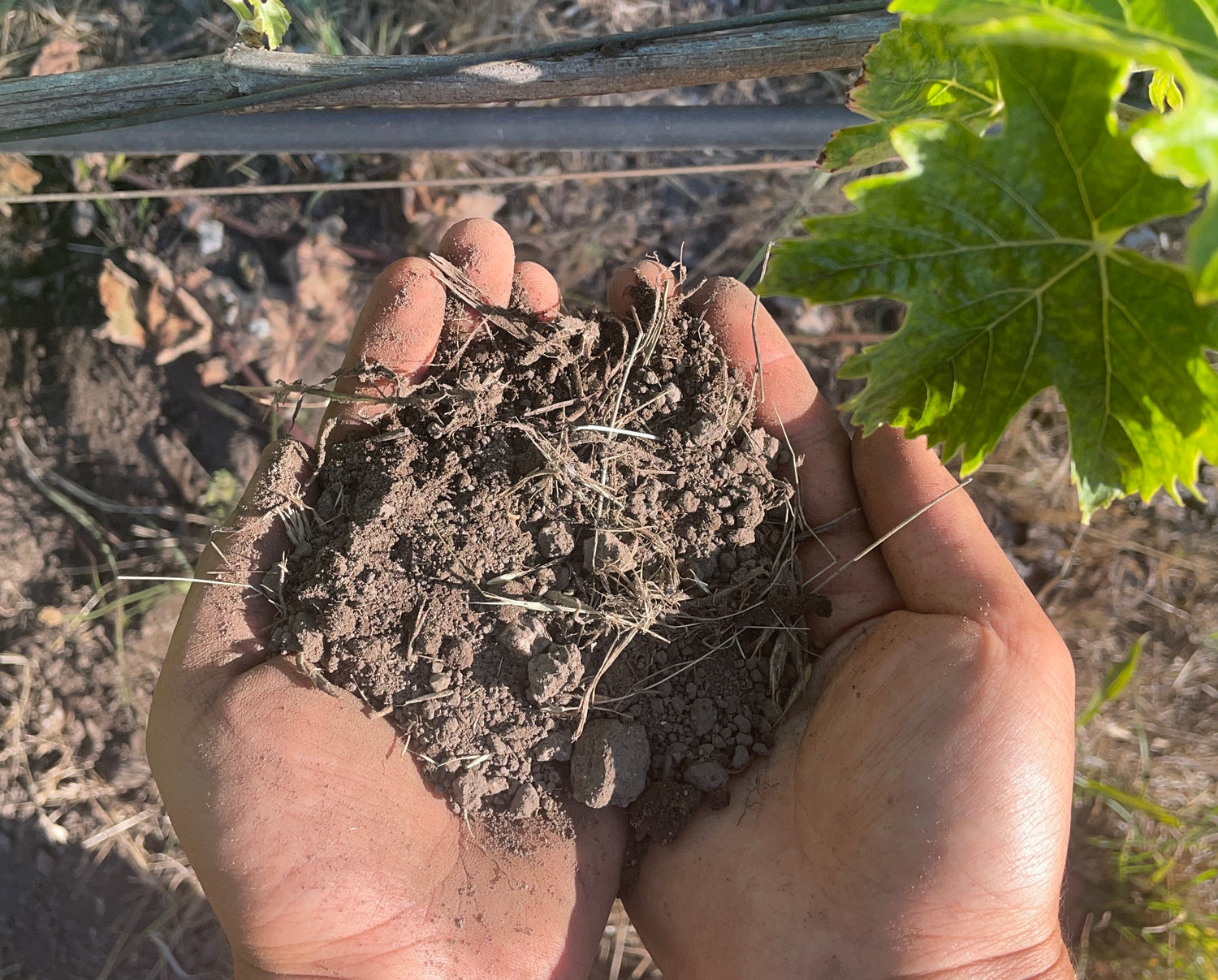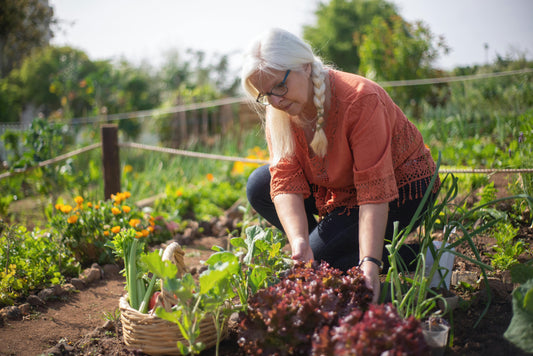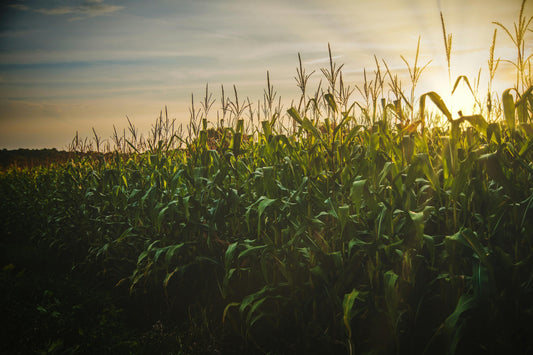In the heart of California's diverse landscapes, soil labs play a crucial role in shaping the success of agriculture, horticulture, and environmental conservation. This article explores the pivotal role that soil labs play in making a significant impact on the growth of plants, the sustainability of farms, and the overall well-being of California's environments.
I. The Importance of Soil Labs in California:
-
Precision Agriculture:
- Soil labs utilize advanced analytical techniques to assess the nutrient levels, pH, and composition of the soil. This information is invaluable for farmers practicing precision agriculture.
- Precision agriculture enables targeted fertilization and irrigation, optimizing resource use and minimizing environmental impact.
-
Crop-Specific Recommendations:
- Soil labs provide farmers and gardeners with crop-specific recommendations based on soil test results. These recommendations guide the application of fertilizers and soil amendments, promoting optimal plant growth.
- Tailored advice ensures that crops receive the nutrients they need, reducing the risk of over-fertilization and nutrient runoff.
-
Environmental Conservation:
- By analyzing soil samples, labs contribute to environmental conservation efforts. They identify potential soil contaminants and help develop strategies to mitigate their impact on water resources.
- Soil labs play a crucial role in preventing soil erosion, protecting against the loss of fertile topsoil and minimizing the environmental footprint of agriculture.
II. Gardens: Growing Healthy Plants from the Ground Up
-
Optimizing Nutrient Levels:
- Soil labs assist gardeners in optimizing nutrient levels for specific plants. By analyzing soil samples, labs provide recommendations for the right balance of nitrogen, phosphorus, potassium, and other essential nutrients.
- Healthy nutrient levels contribute to vibrant, flourishing gardens, enhancing the aesthetic appeal and diversity of plant life.
-
pH Management:
- Maintaining the correct soil pH is crucial for successful gardening. Soil labs help gardeners understand the pH of their soil and recommend adjustments if necessary.
- Well-managed pH levels ensure that plants can efficiently absorb nutrients, promoting robust root development and overall plant health.
-
Disease Prevention:
- Soil labs play a role in disease prevention by identifying potential soil-borne pathogens. This allows gardeners to implement targeted measures, such as crop rotation or the selection of disease-resistant plant varieties.
- Early detection and intervention contribute to healthier gardens and reduce the reliance on chemical pesticides.
III. Farms: Sustaining Agriculture Through Informed Practices
-
Enhancing Crop Yield:
- Soil labs near farms contribute to increased crop yield by providing accurate information on soil fertility. Farmers receive recommendations on the type and amount of fertilizers needed for optimal plant growth.
- Informed fertilization practices lead to higher yields, improving the economic viability of farming operations.
-
Water Management:
- Efficient water management is critical for California's agriculture, given the state's water scarcity issues. Soil labs help farmers determine the water-holding capacity of their soil and recommend irrigation practices.
- By optimizing water use, farmers can conserve this precious resource and enhance the sustainability of their farming operations.
-
Soil Health Monitoring:
- Continuous monitoring of soil health through regular testing allows farmers to track changes over time. Soil labs provide insights into the impact of farming practices on soil structure, microbial activity, and organic matter content.
- Sustainable farming practices, guided by soil health assessments, help preserve the long-term productivity of agricultural lands.
IV. Landscapes: Shaping Beautiful and Sustainable Outdoor Spaces
-
Customized Soil Amendments:
- Landscapers and property managers benefit from soil labs by receiving customized recommendations for soil amendments. These may include organic matter additions, pH adjustments, or specific fertilization plans.
- Tailoring soil management practices ensures that landscapes remain visually appealing while supporting the health of plants and ecosystems.
-
Erosion Control:
- Soil labs assist in identifying areas prone to erosion and recommend measures to prevent soil loss. This is particularly important in landscapes where soil erosion can lead to degradation and loss of aesthetic value.
- Implementing erosion control measures helps maintain the integrity of landscapes and preserves the natural beauty of outdoor spaces.
V. Environments: A Holistic Approach to Conservation
-
Biodiversity Conservation:
- Soil labs contribute to biodiversity conservation by promoting sustainable land use practices. Analyzing soil samples helps identify areas with unique ecological characteristics that require special attention for conservation.
- By understanding soil ecosystems, conservationists can make informed decisions to protect native flora and fauna.
-
Pollution Monitoring:
- Soil labs monitor soil pollution, identifying areas where contaminants may threaten ecosystems. This information is crucial for addressing pollution sources and implementing remediation strategies.
- Protecting soil quality contributes to the overall health of the environment, ensuring that ecosystems can thrive.
VI. Conclusion: Empowering California's Future Through Soil Labs Near You
Soil labs near you play an indispensable role in shaping the future of California's agriculture, horticulture, and environmental conservation. By providing accurate, science-based information on soil health, these labs empower farmers, gardeners, and land managers to make informed decisions. The collaborative efforts between these labs and local communities contribute to sustainable practices that enhance productivity, preserve landscapes, and protect the environment. As we move forward, recognizing the significance of soil labs near you becomes paramount for ensuring the resilience and prosperity of California's diverse ecosystems.







